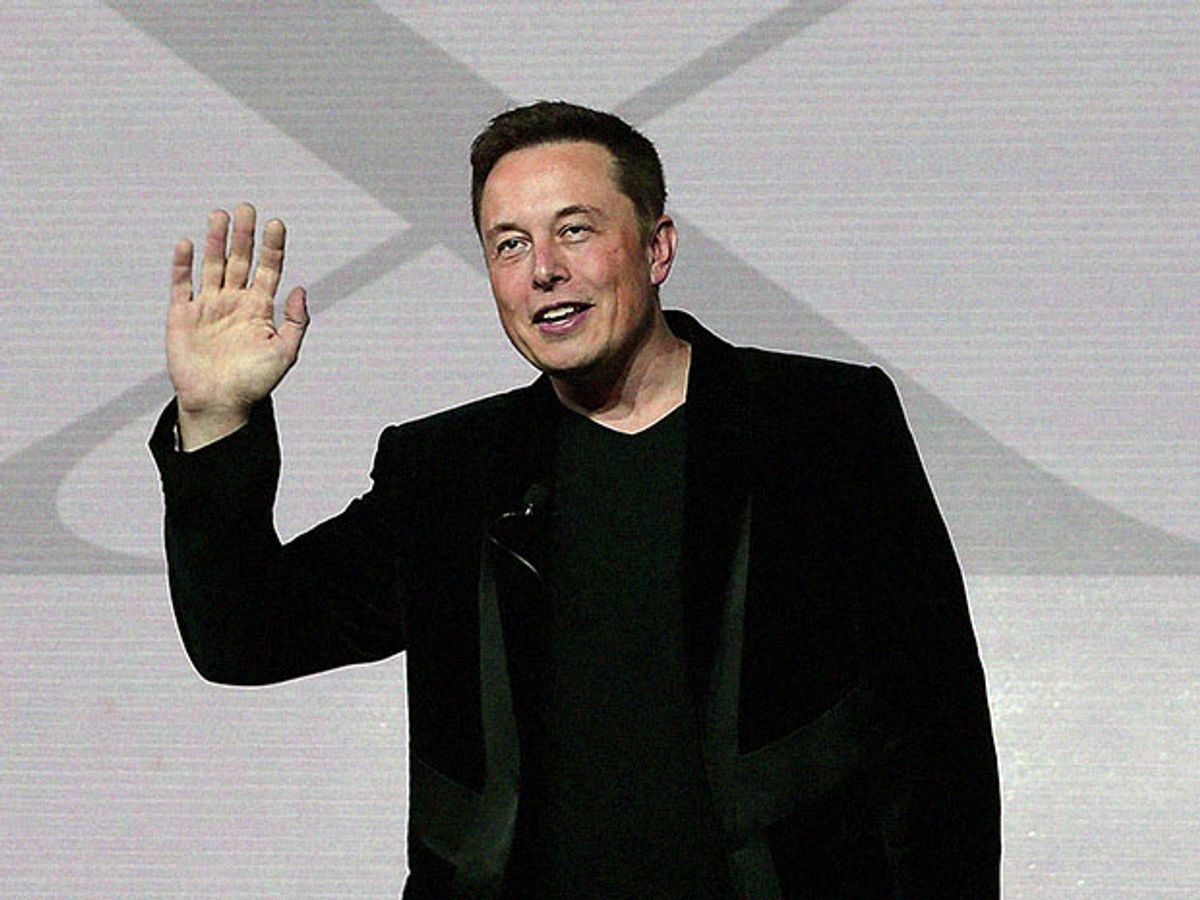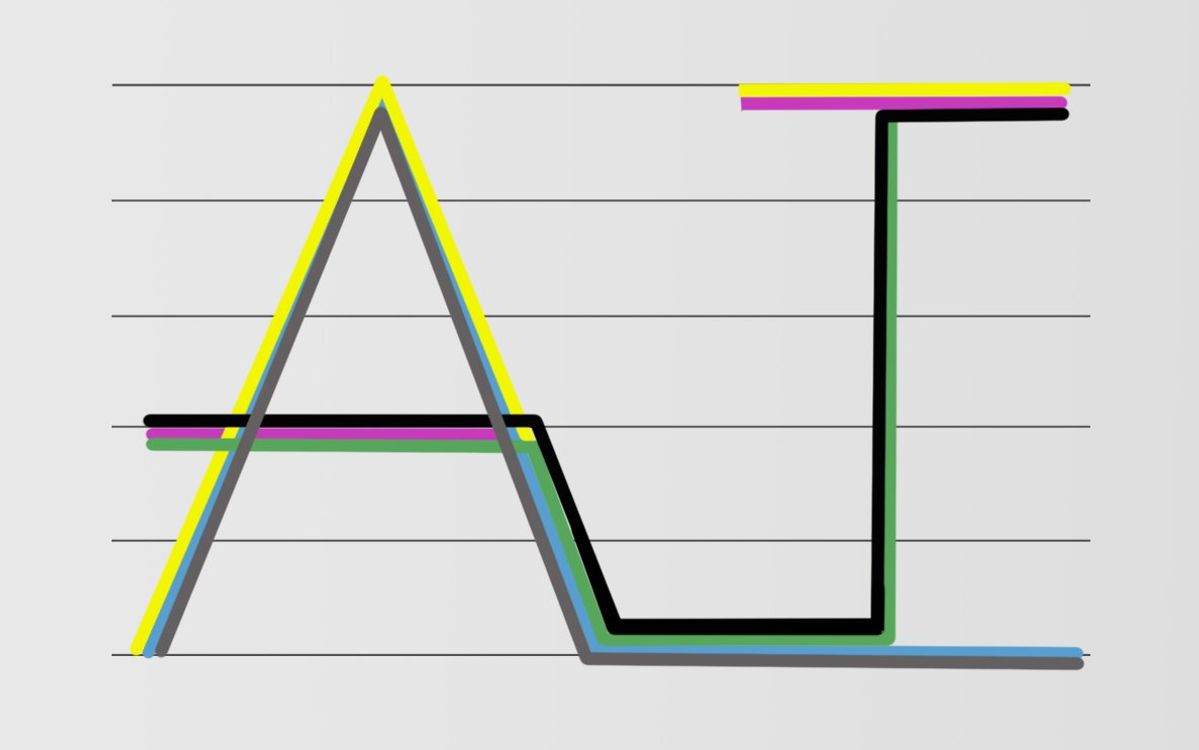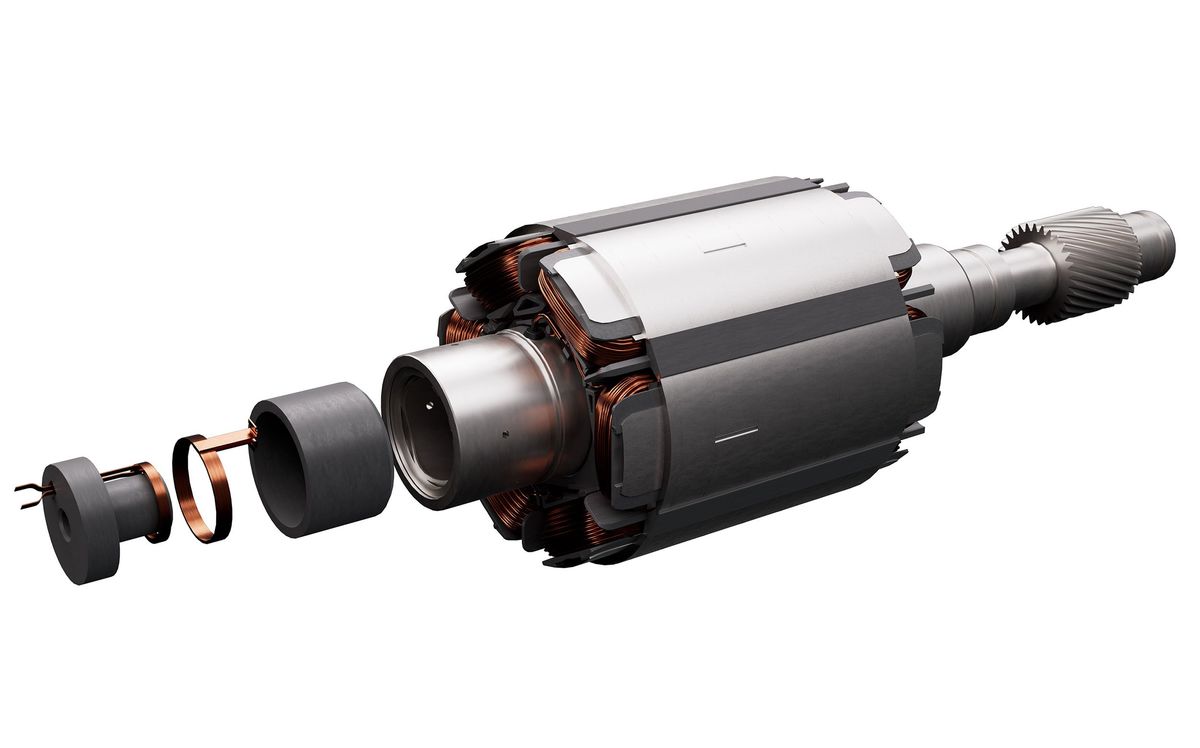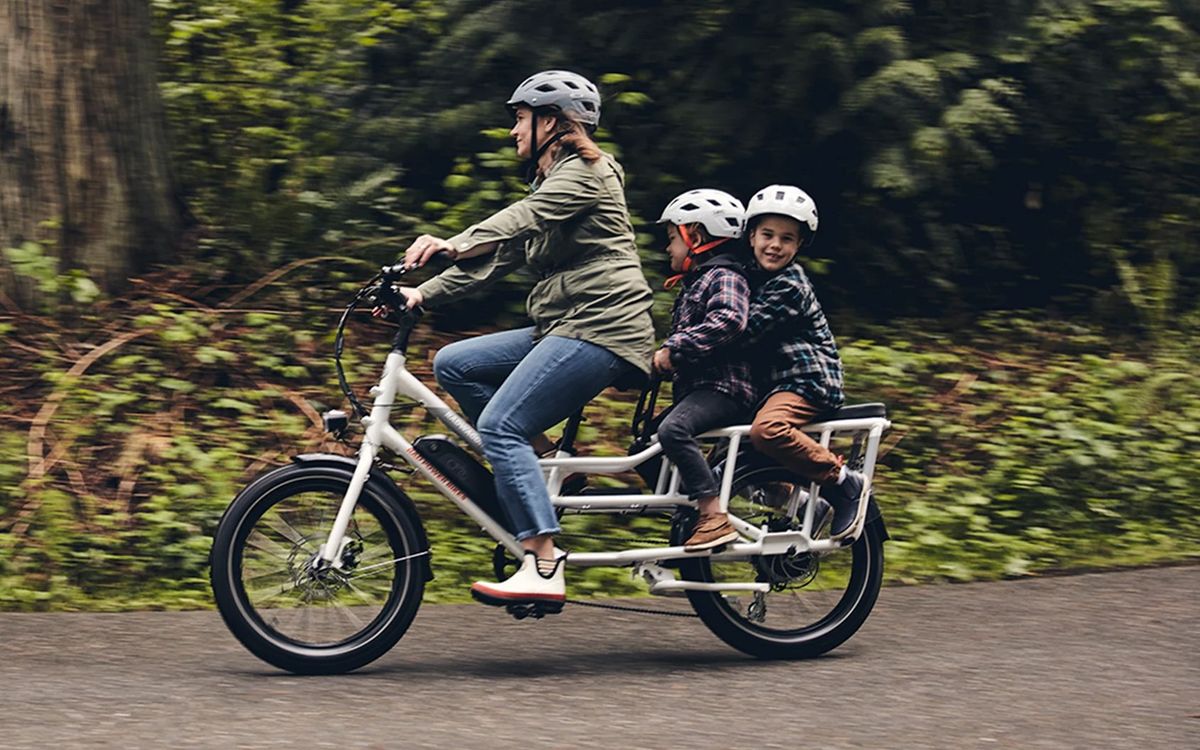Mobileye, the Israeli automatic driving company, will not develop new technologies for Tesla Motors—a development that seems related to the recent death of a driver whose Tesla Model S steered itself into the side of a truck.
It isn’t clear which company initiated the split-up or even whether the crash was the main reason for it. The two companies have lately differed on autonomous driving. Tesla seems comfortable with letting its customers beta-test its newest systems; Mobileye wants to label its current product as a mere “driver assistance” feature.
Amnon Shashua, the chief technical officer of Mobileye, only alluded to the crash this morning during a second-quarter conference call with industry analysts. But he recently questioned Tesla’s approach.
“‘It’s very important given this accident…that companies would be very transparent about the limitations of autonomous driving systems,” Shashua said earlier this month, according to a report today in the Wall Street Journal. “It’s not enough to tell the driver to be alert but to tell the driver why.”
The Tesla driver who died had apparently not been paying attention at the time of the crash. Some reports implied that he may even have been watching a movie.
Mobileye’s current system relies heavily on a single camera, but its next-gen system will fuse data from other sensors, notably lidar, the laser-imaging system that Google cars use and that most automakers are experimenting with now. Tesla, however, has remained a rare holdout.
Mobileye achieved its first big market success by supplying the chips and software for Tesla’s Autopilot system. But the company says revenues from Tesla constitute only about 1 percent of the total. Most of its business is with other carmakers, notably General Motors, Ford, Nissan, BMW, Volkswagen, and Hyundai.
“Tesla manufactures annually just 50,000 to 60,000 vehicles, whereas Mobileye should supply around 13 million chips this year (each car has only one chip),” Paul Kratz, an analyst at Berenberg, told the Financial Times.
Many suppliers must certainly yearn for Tesla’s business.
“Tesla will be transitioning to internally developed software for the camera portion of Autopilot," Tesla said in a terse email to Investor’s Business Daily. No mention was made of what hardware it will use. One possible supplier is Nvidia, which is promoting its Drive PX chipset for self-driving cars; another is NSX, which recently launched its rival BlueBox product.
Philip E. Ross is a senior editor at IEEE Spectrum. His interests include transportation, energy storage, AI, and the economic aspects of technology. He has a master's degree in international affairs from Columbia University and another, in journalism, from the University of Michigan.



